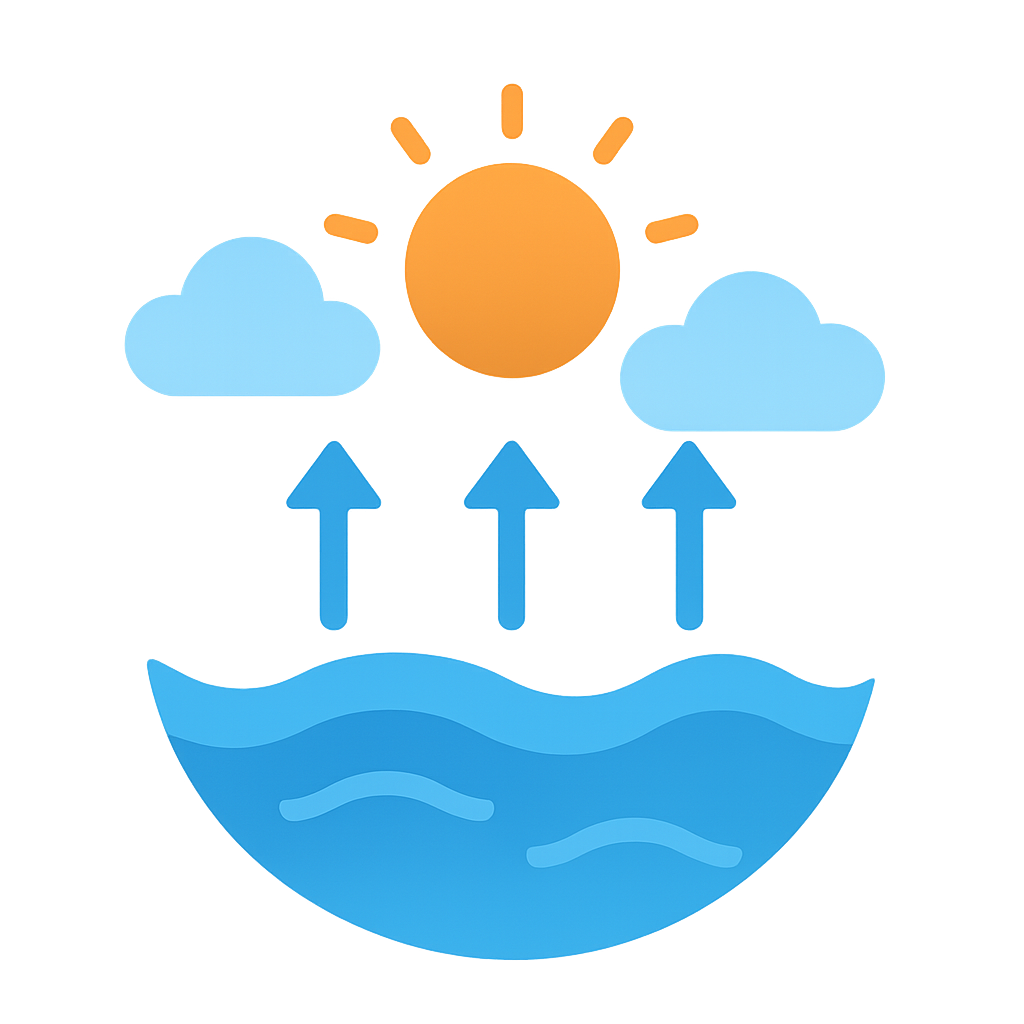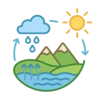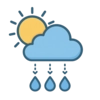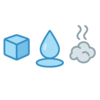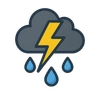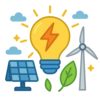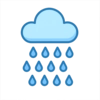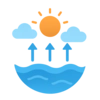The Story of Evaporation
Have you ever wondered where puddles go after a rainstorm? One minute, a shiny mirror of water sits on the sidewalk, reflecting the sky. The next, it’s completely gone, leaving behind nothing but a dry patch of pavement. Where did it go? That’s me at work. I’m a silent, invisible magician, and my specialty is the great disappearing act. I love visiting clotheslines, too. I find heavy, dripping shirts and soggy socks and, over a few hours, I lift the water away, molecule by molecule, until they are light, warm, and ready to wear. You’ve seen my work when a kettle whistles, too. I’m the one who pulls the wisps of steam from the spout and sends them dancing into the air. I can even steal the moisture from a patch of wet paint, turning it from a sticky mess into a hard, smooth surface. People see what I do every day, but they can’t see me at all. I am the world’s quietest, busiest helper, always turning wet into dry.
For thousands of years, people were mystified by my work. They saw me empty their bowls of water left in the sun and dry up muddy fields, but they couldn’t explain it. Are you ready to learn my secret identity? My name is Evaporation. My secret isn't magic, it's energy. The sun is my powerful partner. Its warm rays act like energy snacks for the tiny, tiny molecules that make up water. Normally, these water molecules like to stick together, but when the sun warms them, they get so excited and full of energy that they start to wiggle and jiggle. They dance so much that they break free from their friends and float up, up, up into the air. When they float away, they become an invisible gas called water vapor. A very clever scientist from Scotland named Joseph Black was one of the first people to really figure me out, way back in 1761. He discovered that I use a special kind of hidden heat to give water molecules the power they need for their great escape into the atmosphere. This is how I begin my most important job of all: starting the water cycle. By lifting water from every ocean, lake, river, and puddle, I get the whole incredible process started.
A world without me would be a very different, and much soggier, place. Can you imagine playing outside on a hot day and never cooling down? You can thank me for that refreshing feeling. When you get sweaty, I get to work lifting that moisture from your skin. As I carry the water away, I take a little bit of your body heat with me, which is nature’s perfect way of keeping you from overheating. I am also a master cloud-builder. All that invisible water vapor I carry into the sky doesn’t just vanish. It gathers together high above the Earth, forming the big, fluffy clouds you see drifting by. When those clouds get full and heavy, they release the water as rain, which gives plants a drink and fills the rivers. I even help make your food tastier. In huge, shallow ponds by the ocean, I am invited to drink up all the seawater. I lift the fresh water into the air but leave behind all the crunchy, delicious sea salt. So while you may never see me, I am always here, connecting the oceans to the clouds and the sun to your skin, a quiet but essential helper for all life on Earth.
Activities
Take a Quiz
Test what you learned with a fun quiz!
Get creative with colors!
Print a coloring book page of this topic.

